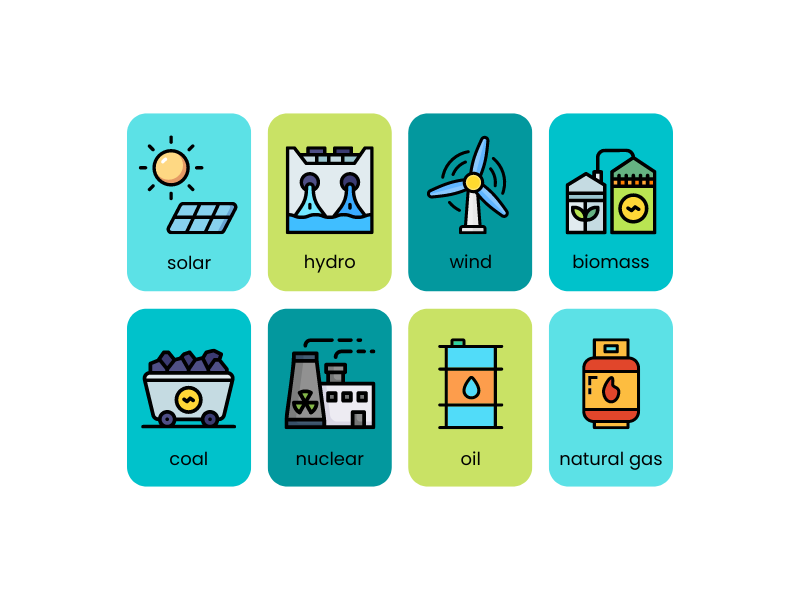Corporate Social Responsibility and Environmental, Social and Governance practices are vital components of modern business strategies.
Corporate Social Responsibility is all about companies playing their responsible part in society and giving back to society, and a big part of that is fundraising for worthy causes. Companies, customers and communities can and should thrive together.
Environmental, Social and Governance is about a business's impact on the environment and society and the transparency of its governance. It measures how a business integrates environmental, social, and governance practices into their operations. It also measures their impact and sustainability.
Whether you are a company that wants to support one good cause, enable regional offices or shops to support local community causes, let your customers support causes they choose or reward your staff with a donation to a cause they love, we can help you.
At TheGivingMachine, we want to help you do just that by allowing you to raise money entirely FREE as you and your colleagues' shop. Make TheGivingMachine part of your CSR and ESG strategy to align your business goals with social responsibility and sustainability. Sign up today to generate cash donations for a range of charities. You can find out more about TheGivingMachine here.
TheGivingMachine has a range of options to help your company generate cash donations for charities and we have a great product for helping with employee engagement, our GivingLottery.
Find out how TheGivingMachine can help with your company's CSR and ESG or Get in touch to set up a Lottery benefiting the cause of your choice














About the author
Rachel Jackson
Giving Director - Marketing
Rachel oversees all our marketing activities. Rachel is a wife and mum to two children, she enjoys theatre trips and (fair-weather) running. You may also find her treading the boards with a local theatre company.